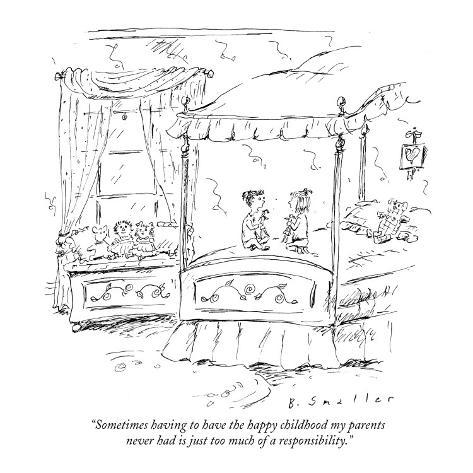"Winter – Fifth Avenue" (1893), Alfred Stieglitz
Por sugestão de Not in the Heavens
 |
Bach-y-Rita (1934-2006) |
 (222)
(222)"ORPHEUS WAS THE SON of Apollo and the Muse Calliope. He was presented by his father with a lyre and taught to play upon it, which he did to such perfection that nothing could withstand the charm of his music. Not only his fellow-mortals, but wild beasts were softened by his strains, and gathering round him laid by their fierceness, and stood entranced with his lay. Nay, the very trees and rocks were sensible to the charm. The former crowded round him and the latter relaxed somewhat of their hardness, softened by his notes. Hymen had been called to bless with his presence the nuptials of Orpheus with Eurydice; but though he attended, he brought no happy omens with him. His very torch smoked and brought tears into their eyes. In coincidence with such prognostics, Eurydice, shortly after her marriage, while wandering with the nymphs, her companions, was seen by the shepherd Aristaeus, who was struck by her beauty and made advances to her. She fled, and in flying trod upon a snake in the grass, was bitten in the foot, and died. Orpheus sang his grief to all who breathed the upper air, both gods and men, and finding it all unavailing resolved to seek his wife in the regions of the dead. He descended by a cave situated on the side of the promontory of Taenarus and arrived at the Stygian realm. He passed through crowds of ghosts and presented himself before the throne of Pluto and Proserpine. Accompanying the words with the lyre, he sung, “O deities of the under-world, to whom all we who live must come, hear my words, for they are true. I come not to spy out the secrets of Tartarus, nor to try my strength against the three-headed dog with snaky hair who guards the entrance. I come to seek my wife, whose opening years the poisonous viper’s fang has brought to an untimely end. Love has led me here, Love, a god all powerful with us who dwell on the earth, and, if old traditions say true, not less so here. I implore you by these abodes full of terror, these realms of silence and uncreated things, unite again the thread of Eurydice’s life. We all are destined to you, and sooner or later must pass to your domain. She too, when she shall have filled her term of life, will rightly be yours. But till then grant her to me, I beseech you. If you deny one, I cannot return alone; you shall triumph in the death of us both.” As he sang these tender strains, the very ghosts shed tears. Tantalus, in spite of his thirst, stopped for a moment his efforts for water, Ixion’s wheel stood still, the vulture ceased to tear the giant’s liver, the daughters of Danaus rested from their task of drawing water in a sieve, and Sisyphus sat on his rock to listen. Then for the first time, it is said, the cheeks of the Furies were wet with tears. Proserpine could not resist, and Pluto himself gave way. Eurydice was called. She came from among the new-arrived ghosts, limping with her wounded foot. Orpheus was permitted to take her away with him on one condition, that he should not turn around to look at her till they should have reached the upper air. Under this condition they proceeded on their way, he leading, she following, through passages dark and steep, in total silence, till they had nearly reached the outlet into the cheerful upper world, when Orpheus, in a moment of forgetfulness, to assure himself that she was still following, cast a glance behind him, when instantly she was borne away. Stretching out their arms to embrace each other, they grasped only the air! Dying now a second time, she yet cannot reproach her husband, for how can she blame his impatience to behold her? “Farewell,” she said, “a last farewell,”—and was hurried away, so fast that the sound hardly reached his ears."
Bulfinch's Mythology (Barnes & Noble Classics), Highlight Loc. 2951-76